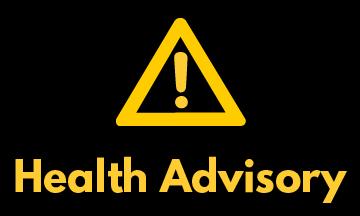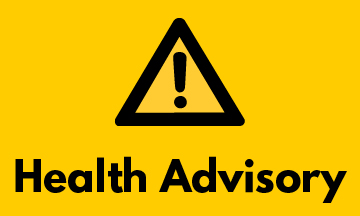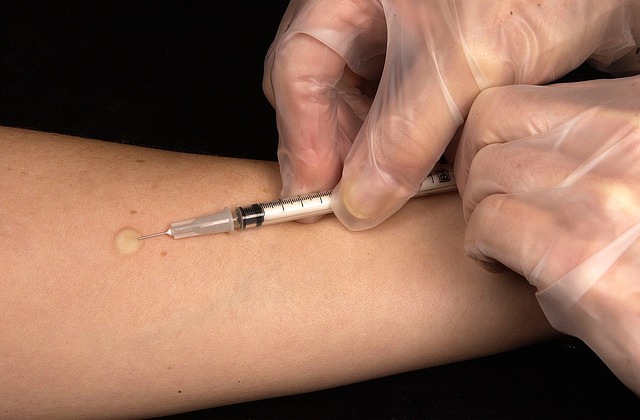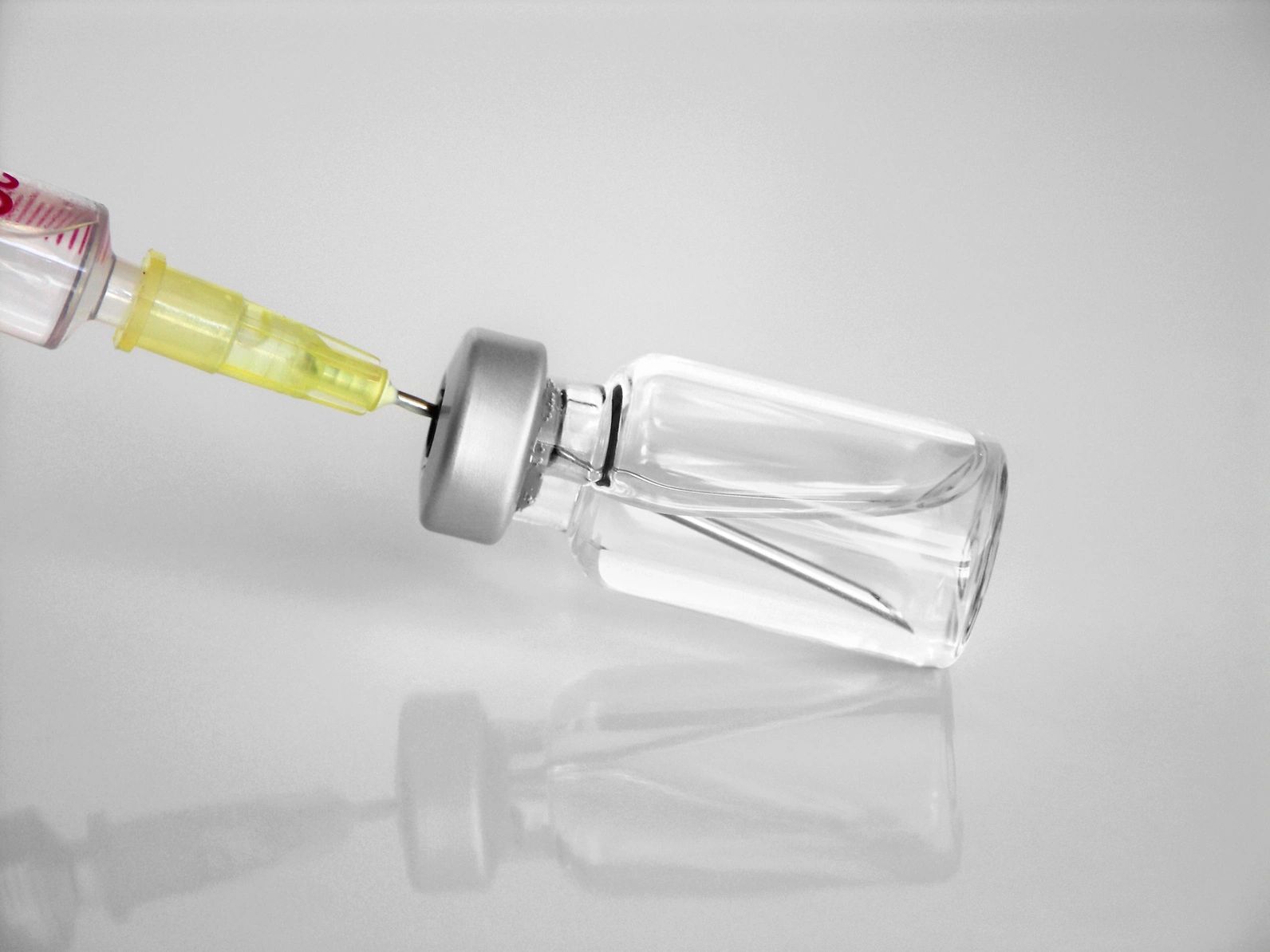10/31/24 Health Advisory: Positive human cases of avian influenza in Washington.

Washington State Department of Health is investigating presumed positive human cases of avian influenza in Washington. Healthcare providers should consider avian influenza in patients who present with acute respiratory illness, isolated conjunctivitis, or influenza-like illness (ILI). Assess patients for exposure to animals––especially poultry, cattle, and wildlife, or to people suspected or known to be infected. Current … 10/31/24 Health Advisory: Positive human cases of avian influenza in Washington.








